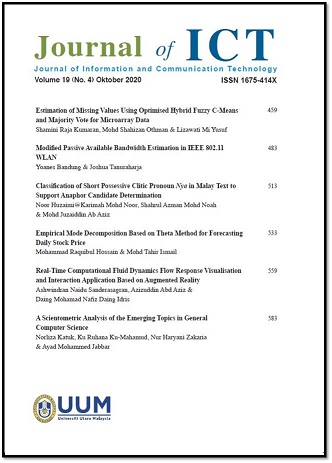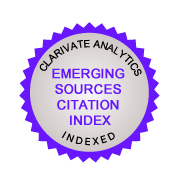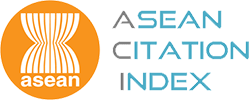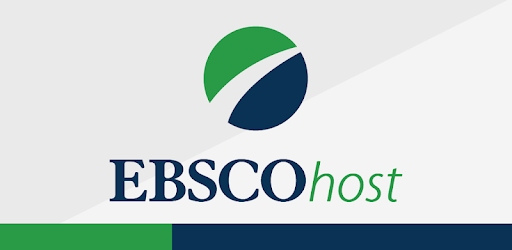THERAPEUTIC SERIOUS GAME DESIGN GUIDELINES FOR STIMULATING COGNITIVE ABILITIES OF CHILDREN WITH SPEECH AND LANGUAGE DELAY
Abstract
The creation of an effective therapeutic serious game (TSG) is highly dependent upon its design and the fundamental knowledge of the users. Furthermore, the TSG is designed for a purpose to the users by incorporating the needs of the users in all design components. Although numerous studies have been conducted on guidelines for designing serious games, to date, studies on the specific TSG’s design guidelines for stimulating the cognitive ability of children with speech and language delay (CSLD) has yet to be comprehensively studied. Therefore, this study focuses on the set of design guidelines for the development of TSG for CSLD, specifically on cognitive stimulation. The TSG design guidelines in this paper are derived through the study of relevant literature, and best practices gained from interviews with experts in the area of speech pathology. These guidelines would be useful for researchers and game designers to design TSG for CSLD focusing on cognitive stimulation.
References
Additional Files
Published
06-11-2017
Issue
Section
Articles
How to Cite
THERAPEUTIC SERIOUS GAME DESIGN GUIDELINES FOR STIMULATING COGNITIVE ABILITIES OF CHILDREN WITH SPEECH AND LANGUAGE DELAY. (2017). Journal of Information and Communication Technology, 16(2), 284-312. https://e-journal.uum.edu.my/index.php/jict/article/view/8233

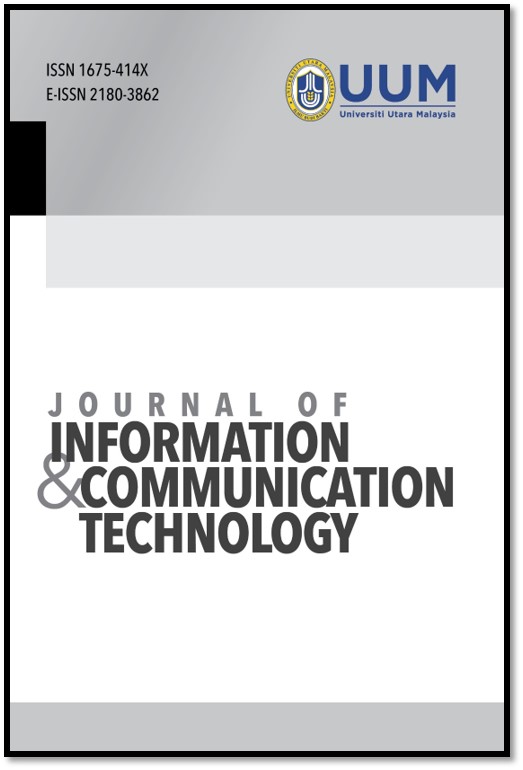 2002 - 2020
2002 - 2020